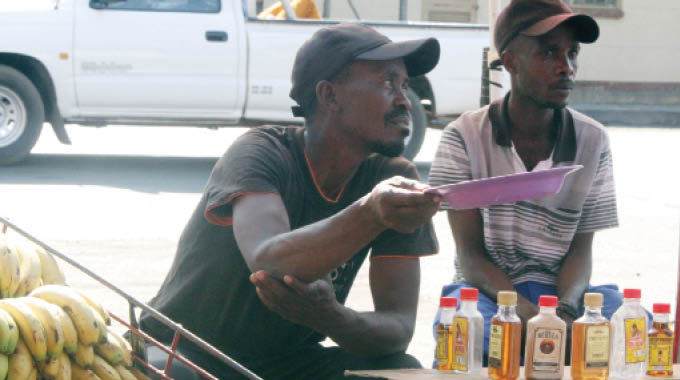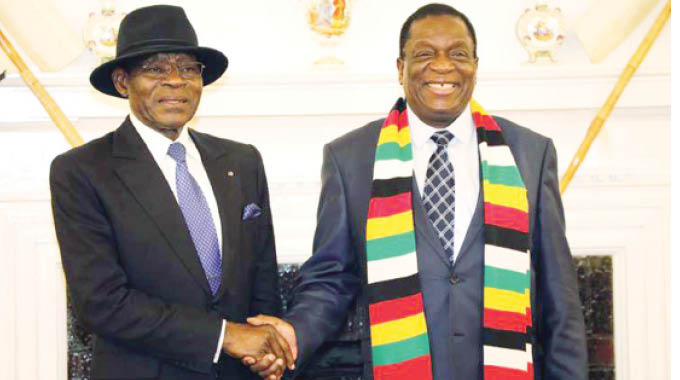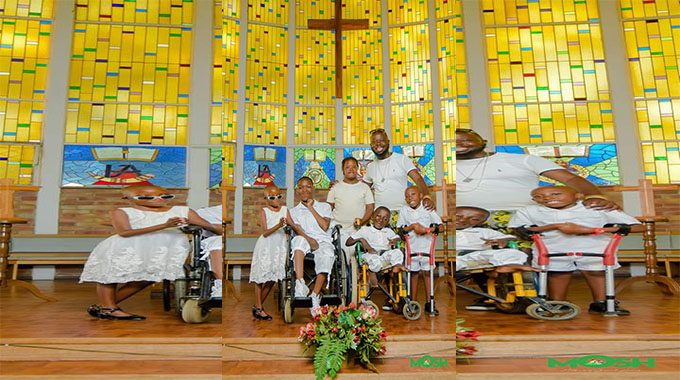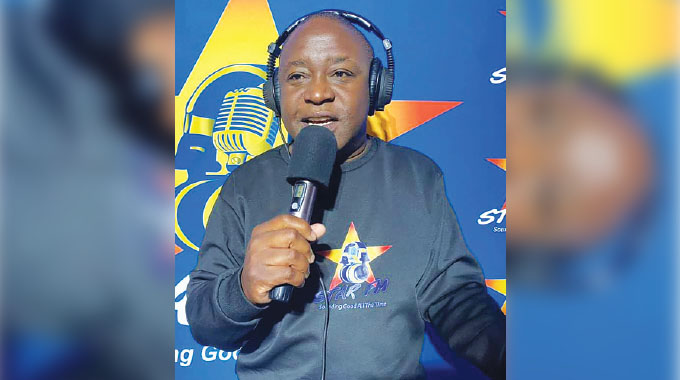Cheap, fake, illegal & dangerous to consumers’ health . . . Counterfeit alcohol hits Bulawayo

Raymond Jaravaza, Showbiz Correspondent
TUCKED between two giant dilapidated buildings that appear to have been factories in yester years, a smaller building with a corrugated gate and high perimeter wall in the Kelvin Industrial area doesn’t give a clue about activities taking place within.
A Saturday Leisure news crew has been tipped that inside the smaller building, something sinister is “brewing” and the source doesn’t mince his words saying that he suspects whatever is going on inside is linked to an illegal alcohol manufacturing operation.
With the influx of cheap, fake, illegal, counterfeit alcohol in Bulawayo on the rise in recent months, a number of buildings in the City of Kings’ vast industrial sites have been fingered as the source of the illegal alcohol.
No one answers the knock on the corrugated gate and several knocks at the entrance of the building yield no response but our source is more than willing to give information about happenings within the establishment.
“In 2017, the building caught fire and the owners disappeared before the Fire Brigade and police arrived but at that time we knew that they were producing alcohol.
“I was friends with one of the employees at the time and he would bring bottles of unbranded cane spirits and whiskey every Friday afternoon for us to drink,” said our source who only wanted to be identified as Mxolisi.
The “company” according to Mxolisi buys undamaged bottles of cane spirits and smaller plastic containers of different brands of whiskeys.
“After the fire damaged half of the building, the owners came back earlier this year with a new team and have started producing alcohol again because there is a constant smell of spirits and whiskey coming from the building.
“I’m told they package the alcohol in containers they buy from people that pick them up from bottles stores and bars in the townships. The containers are cleaned and used to repackage the alcohol,” said Mxolisi.
With the hard economic conditions prevailing in the country and the price of alcohol soaring above the reach of many, some alcohol consumers are turning to counterfeit products that have invaded the city.
An industry expert Albert Mushunje, a retired senior employee of the Standard Association of Zimbabwe (SAZ) — said there are tell-tale signs that consumers can look out for to differentiate between fake and original alcohol brands.
SAZ is a non-profit organisation whose mandate, amongst others, is to provide technical services for the testing of manufactured goods and raw materials as well as making sure that local goods and services conform to regional and international standards.
Mushunje advised consumers to check the quality of printing and colouring on labels as counterfeits try to look similar to the real brand, but often can’t pull it off on close examination in addition to checking for tampering on the glue around the cap of the alcohol bottle.
Caps that have been tampered with are usually a sign that the bottle has been opened and resealed.
He says because consumers generally prefer cheaper products, counterfeit alcohol producers always price their products way below the recommended cost thus people must do a comparative price check on the alcohol they are consuming.
The cheaper compared to the recommended price, the fake the alcohol is most likely to be.
He said in relation to counterfeit canes and spirits (types of alcohol), counterfeit products are often diluted with water or have added colourants and flavouring.
Mushunje gave an example of a caramel flavour being added to a cane spirit to create a brown colour that looks like the real product.
Most alarming of all, according to the industry expert, is that sometimes harmful substances can be added to the counterfeit alcohol such as toxic methanol, a type of alcohol, which is poisonous and can kill.
In South Africa, popular alcohol brand Heineken was in August 2018 caught in a storm after videos started circulating in that country claiming consumers had been drinking fake Heineken beer.
The video showed factory workers packaging what was purported to be fake Heineken-branded bottles in a warehouse in China.
The company, Heineken South Africa, through its spokesperson Sbu Mpungose denied the existence of fake products.
Kenya has also not been spared the scourge of counterfeit alcohol after its law enforcement agencies and the Kenya Bureau of Standards netted a number of suspects and confiscated tones of counterfeit alcohol of different brands last year.
The illegal alcohol brewing operation was being run in a residential property in the capital city, Nairobi.
Zimbabwe loses millions of dollars in revenue as a result of counterfeit products being smuggled into the country and besides posing health and safety risks to consumers, the products come at a cost of job losses as local producers cannot cope with the influx of fake merchandise.
Victor Bhoroma, a business analyst, said government is deprived of tax revenues as counterfeit goods have very low commercial values on the bill of entry as compared to original products. He adds that counterfeits create unfair competition for local artisans and legitimate businesses that support the economy through paying taxes to the Government and employing thousands of qualified personnel. — @RaymondJaravaza.












Comments